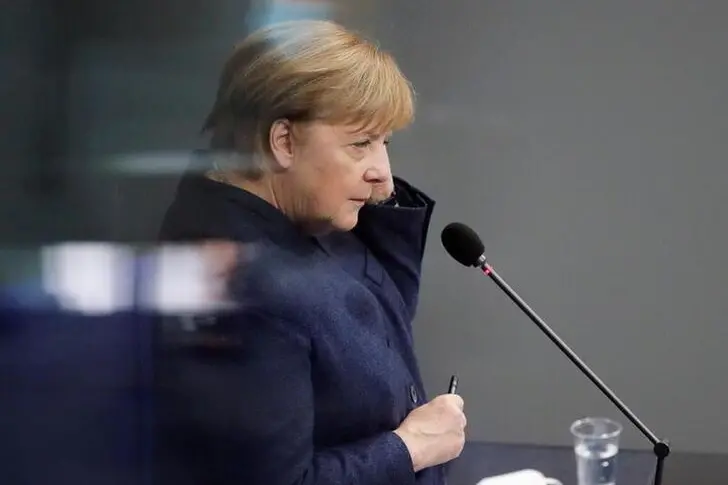PHOTO
(The author is a Reuters Breakingviews columnist. The opinions expressed are his own.)
LONDON - Governments are the new activist investors. Not unlike the financial crisis, the pandemic liberated states to get more involved in the private sector. Bailouts have left them holding stakes in distressed companies, while security concerns have emboldened politicians to bolster strategic companies. The vital but often missing ingredient is good governance.
The belief that governments should get out of the way of business was already out of date before Covid-19. Mass privatisations of utilities and postal services often failed to deliver promised improvements in efficiency and service. Taxpayer-funded bank bailouts in 2008 ended the swagger of financial institutions.
Meanwhile, China’s economic success endorsed state-led capitalism as an alternative. At the beginning of the century, state-owned enterprises controlled just 5% of the assets of the world’s 2,000 largest companies, according to the International Monetary Fund. By 2018, they owned a fifth.
The pandemic accelerated this shift. Authorities from Hong Kong to Paris have sunk public money into grounded airlines and other flailing firms. Advanced economies committed more than 10% of GDP in the form of equity, credit, and guaranteed loans, the IMF calculates. Much of that debt may convert into equity, leaving taxpayers holding stakes, probably for years.
States have also become more proactive. Britain and Germany assumed greater powers to review foreign investments, mimicking the Committee on Foreign Investment in the United States. They’re investing directly in companies they deem strategic. The German government sunk 300 million euros into vaccine maker CureVac. Britain invested $500 million in defunct satellite operator OneWeb. Cassa Depositi e Prestiti, Italy’s sovereign wealth fund, in 2020 acquired investments in payments firm Nexi and exchange operator Euronext.
The biggest concern is that state shareholders will find their priorities get blurred. Political pressure to defend national security, develop new technology, or revive depressed regions runs counter to investment returns. A recent paper by the UCL Institute for Innovation and Public Purpose argues that governments should house their assets in arm's-length funds with clear instructions to maximise value for taxpayers.
Singapore’s Temasek and Finland’s Solidium support the case that government ownership need not be synonymous with waste or inefficiency. Whether or not other states choose the same approach when the virus has lifted remains to be seen. Whatever path they go down, governments will be the investors to watch in the new year.
(The author is a Reuters Breakingviews columnist. The opinions expressed are his own.)
(Editing by Rob Cox, Amanda Gomez and Oliver Taslic) ((peter.thal.larsen@thomsonreuters.com; Reuters Messaging: peter.thal.larsen.thomsonreuters.com@reuters.net))





















